Under the Prophet in Utah
Under the Prophet in Utah
The National Menace of a Political Priestcraft
This book covers a period of history of the Mormon Church during the effort to gain statehood for Utah; the primary stumbling blocks being the practice of polygamy, and efforts by the church leadership to control the politics of Utah, and it's neighboring states.
Book Excerpt
mon leaders to the nation and since treasonably violated and repudiated by them. He explains the progress of this repudiation with an intimate "inside" knowledge of facts which the Mormon leaders now deny. And he exposes the horror of conditions in Utah today as no other man in America could expose them--for his life has been spent in combating the influences of which these conditions are the result; and he understands the present situation as a doctor understands the last stages of a disease which he has been for years vainly endeavoring to check.
But aside from all this--aside from his exposure of the Mormon despotism, his study of the degradation of a modern community, or his secret history of the Church's dark policies in "sacred places"--he relates a story that is full of the most astonishing curiosities of human character and of dramatic situations that are almost mediaeval in their religious aspects. He goes from interviews with Cleveland or Blame to discuss American politics with men who believ
Editor's choice
(view all)Popular books in Religion, History, Politics
Readers reviews
3.7
LoginSign up
This is a must read for anyone interested in the history of the Statehood of Utah and how politics and religion clashed. It is sympathetic to the Mormon population, and a good deal of it's leaders but points out those who could have ruined it all.
- Upvote (0)
- Downvote (0)
I found this book to be biased and unfavorable to a people who endured persecution and were driven from their homes in Ohio, Missouri and Illinois in these United States. A formal execution order was issued against these people solely based on intolerance of their religious beliefs. I can understand why they looked upon outsiders with an eye of mistrust since extermination had been ordered against them.
04/27/2011
Frank Cannon shows himself to be an articulate and sympathetic insider. A man of integrity who describes the workings of the Mormon Church and its hold upon its members with accuracy and genuine understanding. He worked for years to bring about Utah statehood (in the process securing the vote for Mormons against congressional attempts to disenfranchise them) and national compassion towards Mormon men who had entered into the marital state with plurality of wives. The Church made promises that it would no longer practice polygamy and would withdraw from exercising political influence. These promises were accepted in Washington, largely because of the integrity of Mr. Cannon, who served as emissary of the Church to Washington and then served as a Senator from Utah. Mr. Cannon met with congressional leaders and with President Cleveland, convincing them that the good will of folks in Utah would help put an end to the "Mormon Problem."
When the newer hierarchy of Mormonism came to power under Joseph F. Smith (nephew of LDS founder Joseph Smith), those promises were shockingly betrayed according to Mr. Cannon. As to Polygamy, I am personally aware that my father's uncle married his wife's younger sister in 1903 and retained his high positions in the Church, as did many other men, which practices continued for about 15 years after the Church's promise to end the practice in 1890. The prophet, Mr. Smith, gave perjured testimony before Congress and sent an apostle of the Church (Mr. Reed Smoot) to the Senate in direct violation of the promise that the Church would exit the political arena. Mr Cannon's exposition is detailed, accurate, and largely dispassionate, although he was excommunicated from the LDS Church because he continued publicly to point out the failure of Church leadership to live up to its promises. He does show that a man of integrity can suffer mightily when his sense of honor puts him in opposition to a powerful and vindictive enemy.
A must read for all who want to understand more about certain powerful forces within the Mormon Church that desire to establish the Kingdom of God on earth with all the political power of the United States under its control. You will have to go elsewhere to get insight into the doctrines and religious practices of the Church, but this part of its political history is most interesting and well presented in this book.
When the newer hierarchy of Mormonism came to power under Joseph F. Smith (nephew of LDS founder Joseph Smith), those promises were shockingly betrayed according to Mr. Cannon. As to Polygamy, I am personally aware that my father's uncle married his wife's younger sister in 1903 and retained his high positions in the Church, as did many other men, which practices continued for about 15 years after the Church's promise to end the practice in 1890. The prophet, Mr. Smith, gave perjured testimony before Congress and sent an apostle of the Church (Mr. Reed Smoot) to the Senate in direct violation of the promise that the Church would exit the political arena. Mr Cannon's exposition is detailed, accurate, and largely dispassionate, although he was excommunicated from the LDS Church because he continued publicly to point out the failure of Church leadership to live up to its promises. He does show that a man of integrity can suffer mightily when his sense of honor puts him in opposition to a powerful and vindictive enemy.
A must read for all who want to understand more about certain powerful forces within the Mormon Church that desire to establish the Kingdom of God on earth with all the political power of the United States under its control. You will have to go elsewhere to get insight into the doctrines and religious practices of the Church, but this part of its political history is most interesting and well presented in this book.
02/28/2009
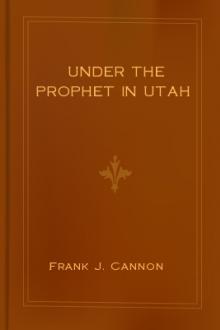
 Free Download
Free Download














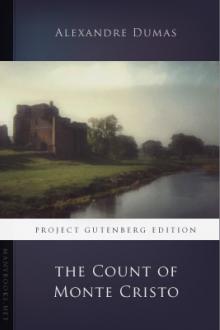

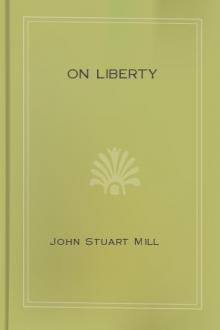
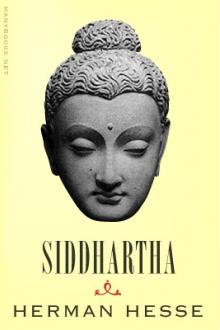


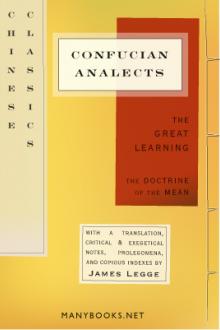
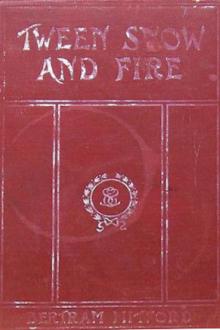

-itok=vcKIB5v1.jpg)